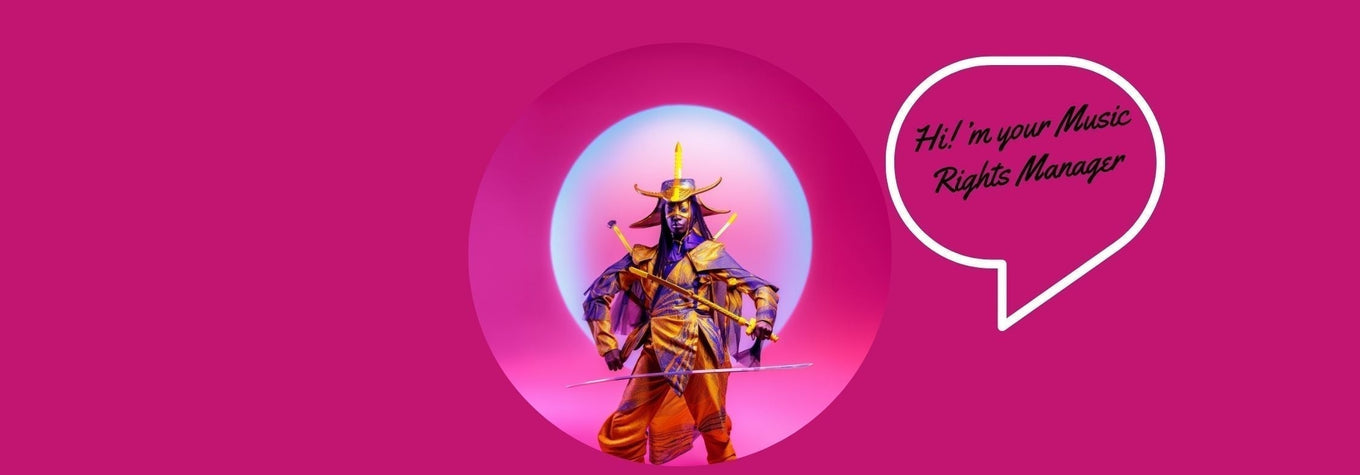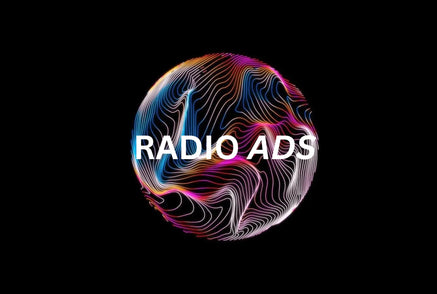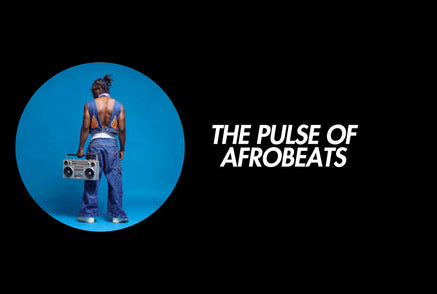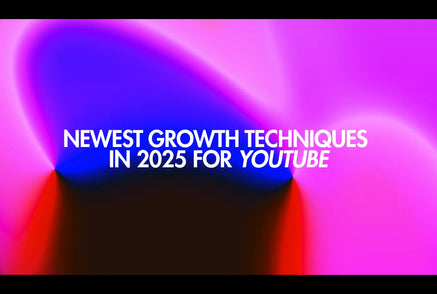Why You Should Hire Music Rights Manager If You Are an Independent Artist
If you are an independent artist and do not know what to start with, we hear you, this is what we have all been in. Everyone in the music industry can confirm that music rights, a variety of royalties and entities collecting them, selecting a digital distributor, and conquering streaming platforms are complex. And this is not even half of what an artist needs to know about to flourish.
Rights Management: Importance in Digital Era
Widespread of music via the internet has indeed quite the same effect now as running water or electricity,[1] which spawns some concerns regarding the enforcement of music rights. We might say that now we are facing a specific socio-cultural and empirical effect on copyright that is “generalization” of the right by losing control over the spreading of unauthorized content via the internet.[2] Consequently, without proper management, you might not even know exactly how popular is your music in different places of the world. worldwide.
Along with that, it is crucial to learn all the possible sources of revenue coming from your music and have someone secure all of them while you are creating music. Music Rights Managers are making sure that you have secured all traditional and emerging opportunities, engage with partners in foreign countries, contract companies offering music to businesses and sync partners to maximize your sync royalties.
Get the highest royalties and a very-fast growing audience
What is Digital Rights Management and How Music Rights Managers Handle It
Nowadays, the global music-streaming services are providing independent music with easier access to listeners around the world, and that’s showing in their day-to-day businesses. There is no new research on what portion of the independent label's revenue is coming from foreign countries, but according to Wintel Worldwide Independent Market Report 2018, in 2017, the average independent label got around 31% of its revenues from overseas.[3] Thus, it is obvious that geography and the borders of the states do not matter as much as they did before while technology is actively involved in the process. Also, in 2020, total streaming revenues grew by 18.5% accounting for 62.1% of the total market, driven by paid streaming,[4] and it probably continues to rapidly grow in the pandemic.
While technology and Artificial Intelligence (AI) have already been making music itself, traditional business models in the music industry are still striving to maintain power against the uncontrollable usage of works on the internet. The balance of power has now shifted to networking technologies and AI, therefore, Music Rights Managers are now working on using the innovative technologies themselves.
One of the most innovative examples of the new interaction model used by Music Rights Managers in the music industry is definitely blockchain technology. Blockchain technology is a type of distributed ledger or database that keeps records of digital transactions. There is another innovative technology on the digital market - footprint and watermark technology, which allows searching for similar music using mathematically extracted information like moods, tempo, or key. Its database stores trusted metadata for every watermarked media, which allows specific software to display correct metadata and even more information like artists tour dates or links.[5]
Music Rights Manager to Help You Collect from CMOs and PROs
CMO stands for Collective Management Organization and is collecting performing, mechanical and sometimes reproduction and micro-sync royalties as well. Generally speaking, CMOs principal functions is to license the use of rights they manage, to monitor that use to enforce the conditions upon which the license has been granted, and to collect and distribute the royalties payable as a result of the licensed use.[6] As for PRO, it stands for Performing Rights Organization and is collecting performing rights royalties. Most of the CMOs and PROs framework is not defined by the borders of the country, they operate within an international framework. Thus, it gives them an ability to represent their members outside the country but in most countries, CMOs and PROs are operating in different names as well.
BMI, Harry Fox Agency, and ASCAP in the USA, and SOCAN in Canada may be popular but there are other organizations as well collecting different royalties. For example, MROC (Musicians’ Rights Organization Canada)[7] in Canada is collecting neighboring rights royalties specifically for performers including musicians and vocalists – background and main. This means that when the music is performed or broadcast in public, the artist receives its neighboring rights royalties, a/k/a equitable remuneration, through MROC.
Most importantly, this is not something you need to have a publisher to collect. MROC and other similar organizations in different countries are collecting specifically for musicians and performers. But you still need to build a comprehensive catalog, register accurate information, and be involved in communication and constant monitoring of the usage of your works in order to receive all your royalties.
All these require time and intellectual resources to get all necessary materials together and strategize the artist's development. And Music Rights Managers do not only secure such opportunities for artists and do all the management on behalf of them but also, they are helping artists in analyzing which revenue sources are the most lucrative for them and how to plan a future career.
Discovering New Opportunities
And last but not least, Music Rights Managers help artists discover new sources of revenue so that they do not lag behind in the face of an ever-evolving industry.
One of the examples is generating NFTs which has become a great tool to give your music more exposure and receive additional revenue. Another lucrative way of commercializing your works is lyrics distribution and monetizing video clips on social media through which Rights Manager helps you build a solid fanbase as well.
Music Rights Manager may also connect you with sync clients such as advertising agencies, TV programs, and production companies, and who knows, your music can be placed in one of the most popular Netflix and CBS series or the biggest brand’s commercials one day.
[1] David Bowie, New York Times, June 2002.
[2] Music Rights Enforcement and Emerging Technology in The Caucasus Region, Gvantsa Baidoshvili, Sophie Khvedelidze, Aleksanteri Conference, 2019.
[3] Wintel Worldwide Independent Market Report 2018, 14. Available at:
https://winformusic.org/wintel/wintel-2018/ [27/08/2021]
[4] IFPI Global Music Report 2021, 5. Available at: https://www.ifpi.org/ifpi-issues-annual-global-music-report-2021/ [27/08/2021]
[5] Technology by CuGate to identify music. Available at: https://cugate.com/ [27/08/2021]
[6] The Role of Collective Management Organizations, CISAC University, 2. Available at: https://www.cisac.org/sites/main/files/files/2020-11/CISACUniversity_The_Role_of_CMOs_FINAL.pdf [27/08/2021]
[7] https://musiciansrights.ca/en/about/ [27/08/2021]



